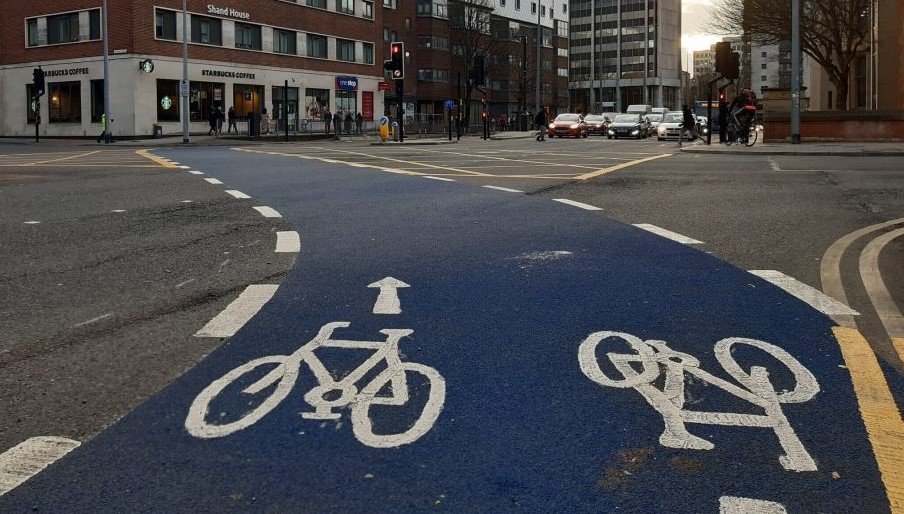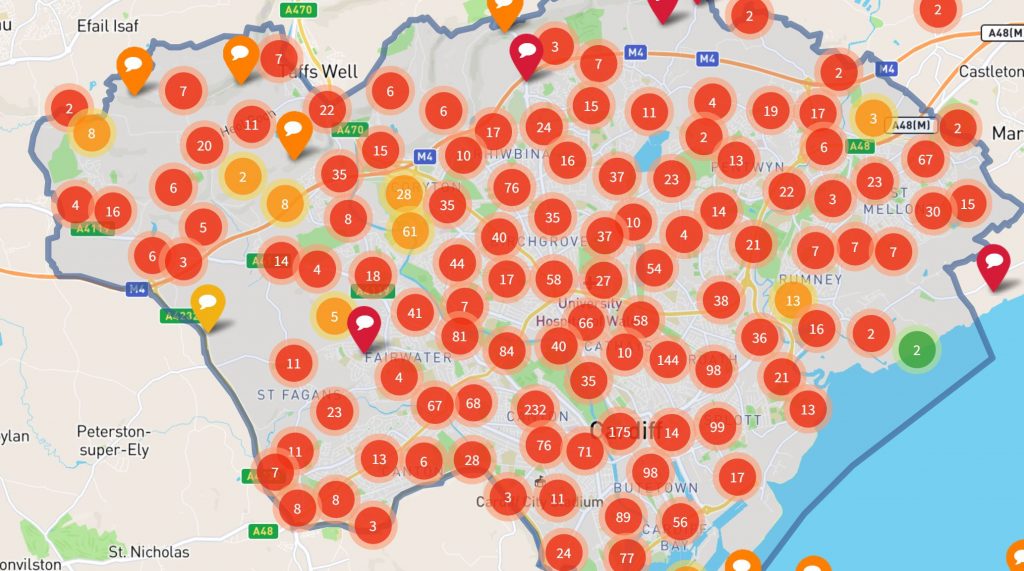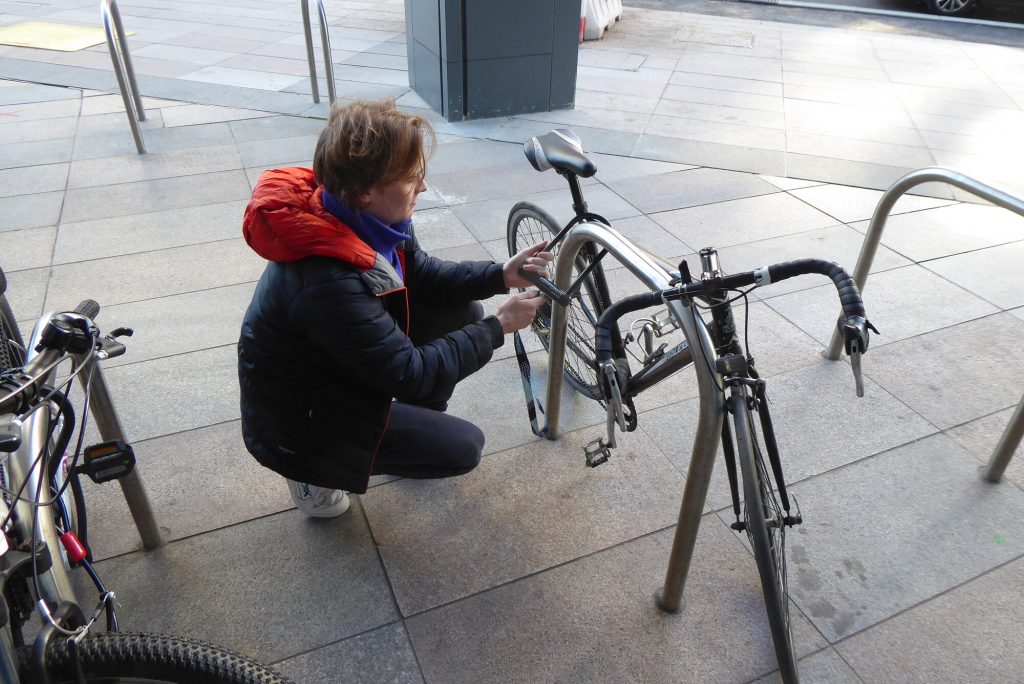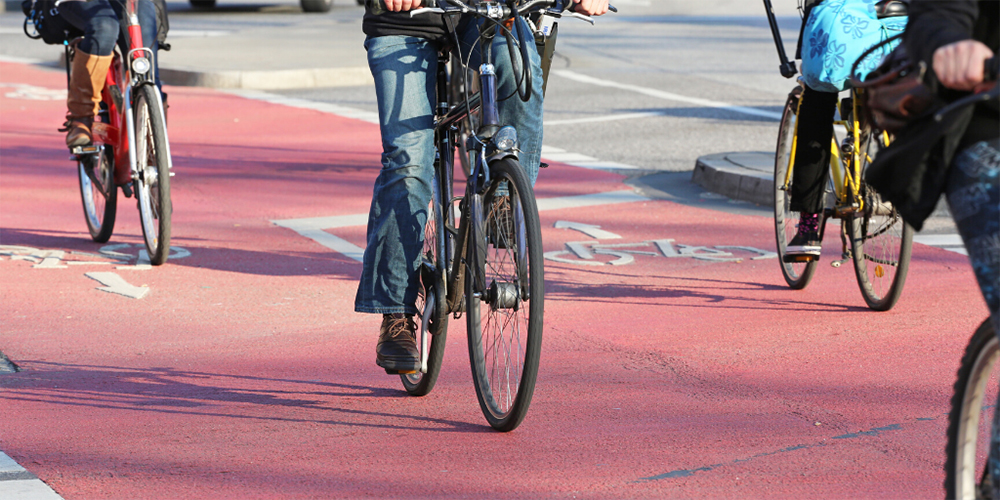The Cardiffian’s George Lithgow talks to some Cardiff cyclists and shares his own experience of a daily commute by bike in the city
IN 2020, Cardiff was found by a national survey to be the best city in the UK for cycling.
Cardiff beat the bicycle utopias of Oxford and Cambridge as well as cities with far bigger council budgets like Birmingham and London.
But in the very same year, a separate survey found Cardiff to be the city in the UK where cyclists feel most unsafe, while another survey declared it to be the ‘bike theft capital of the UK’.
Two years on from those surveys, with Cardiff having changed greatly during the pandemic, it’s worth re-examining those claims.
Cycle superhighways
Since 2020, Cardiff Council has developed several brand new cycleways as part of its long-term plan to build five cycleways across the city which will connect communities to major destinations across the city, including the City Centre and Cardiff Bay.
“Cycleways will provide continuous routes that are intuitive and comfortable to use and separated from motor vehicles and pedestrians where needed,” a Cardiff City Council press release explains.

My own experience of them has been very positive. The cycleway from Cathays to the city centre provides a near continuous route, safely separated from road traffic.
Cycleways have lanes for bikes going in each direction, a good surface, and traffic lights to help cyclists cross road junctions.
But some Cardiff residents have been underwhelmed by the new cycleways.
A mapping scheme set up by the council invited cyclists to log their safety concerns. The map shows the extent of issues that cyclists have complained about.

“The cycle paths are ill designed and do not connect to each other so you might start out confident on a bike path only to get thrust in the middle of heavy traffic with a bike path that suddenly ends,” said one commuter.
“The A4161 is the perfect example of terrible design because it has nice wide bike paths but they quickly become unusable because they double as resident parking.”
Other cyclists have complained about the design of the cycleways, forcing commuters in a direction that they do not want to go in.
“It drives me nuts,” said one social media commenter.
“It’s like the city planners give up once it gets tricky to work out a bike route. And then drivers get mad when I’m not in a bike lane – well yeh, I actually want to get somewhere.”
One feature of the cycleway near Cardiff Castle has faced continued complaints from cyclists and pedestrians alike.
The cycleway doubles as a bus stop, with queuing bus users blocking the cycleway when a bus arrives, causing a significant safety issue.
Whilst Cardiff cycleways provide an excellent safe alternative to riding on the roads, it’s clear that their design could be improved to make them even more useful for the city’s commuters.
Bike theft
Hire bike company Nextbike recently returned to Cardiff having had to suspend its service because of a “staggering” level of bike theft and vandalism.
About 300 out of the original fleet of 1,030 had been stolen and 260 were vandalised beyond repair.

The scheme has now returned to the city, but with less than half of the original fleet for the time being.
Nextbike is planning to increase its fleet to just under 900 over the next two months.
This will no doubt seriously reduce the scheme’s appeal for commuters, who need to be able to guarantee that they will get a hire-bike in the morning or they will be late for work.
Nextbike is installing 13 new bike stations but has also removed four in Roath, Splott, and Rumney that had low usage but high crime rates.
Privately owned bikes are very vulnerable to theft in Cardiff, particularly in the city centre.
It is not uncommon to see people working their way up a row of parked bicycles, twisting and testing the locks to see whether they might be able to break them and steal the bike.
The Cardiffian’s Adam Hart had his bike stolen in the very first week of commuting into the centre.

“I had my bike stolen in Central Square just three days after moving to Cardiff,” he says.
“It was quite a sad way to start my Masters year in Cardiff and it made me wonder whether cycling in Cardiff was really viable.
“I knew there was little chance of getting it back, but the university had a CCTV camera above the bike racks, so I asked them for the footage.
“Unfortunately, they said I needed to contact 111 to access the footage, and after 20 minutes on hold I gave up.
“There is a real lack of secure bicycle storage in the city, even with a good lock your bike is not safe from theft.”
Bicycle thefts have gone up across the UK after the demand for bikes increased during the Covid-19 pandemic.
“Better protected bike storage facilities would likely give people more confidence to leave a bike in the city, and encourage more commuters to switch to cycling,” said Adam.
Cycling in Cardiff has clearly become a much better experience over the last few years. There are more cycleways and routes which provide a safe and enjoyable way to get around the city.
But improvement is still needed, and even small changes to the cycling infrastructure and bike storage in Cardiff will make sure that the city lives up to its title as the best in the UK for cycling.



